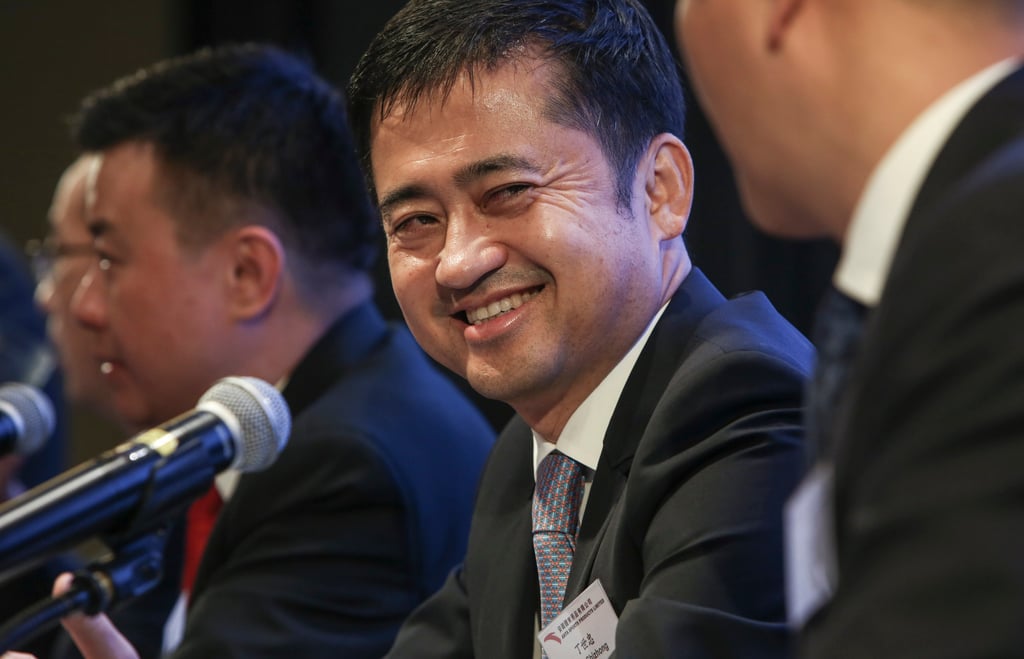Advertisement
Anta Sports loses US$2.8 billion market value as stock placement plan triggers worst sell-off in 6 months
- Anta is arranging a back-to-back placement of new shares, while major shareholder and founder Ding Shizhong trims family stake in sportswear maker
- Investors have historically reacted poorly to stock placements at deep discounts, including those by Country Garden, China Vanke and BYD
Reading Time:2 minutes
Why you can trust SCMP
0

Anta Sports Products, China’s biggest sportswear maker by market value, is seeking to raise HK$11.8 billion (US$1.5 billion) from a stock placement at a discount to the market price to help pare debt. The stock slumped by the most in six months.
The company plans to issue 119 million new shares at HK$99.18 each to entities linked to its founder and controlling shareholder Ding Shizhong, according to a stock exchange filing on Tuesday, or 8.8 per cent below its last-traded price. The sale is a top-up programme, following Ding’s placement of the same stake at the same price to outside investors.
Citigroup, Morgan Stanley and UBS are arranging the transaction.
The proceeds will help refinance its outstanding debts and add working capital in the group, Anta said in the filing. The stock fell as much as 9 per cent in Hong Kong to HK$99.05, before recovering to HK$100.70. Today’s slump erased HK$21.9 billion of its market value.

Investors have historically reacted poorly to stock placements, which are typically at sharp discounts to the market, as a sign of liquidity stress. Companies from Country Garden to China Vanke and Warren Buffett-backed EV maker BYD have made similar plans to repay older debt, as two years of pandemic have hurt domestic sales. Anta’s local competitor Li Ning raised US$1.3 billion in late 2021.

Advertisement